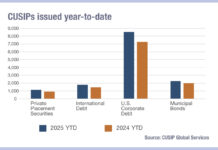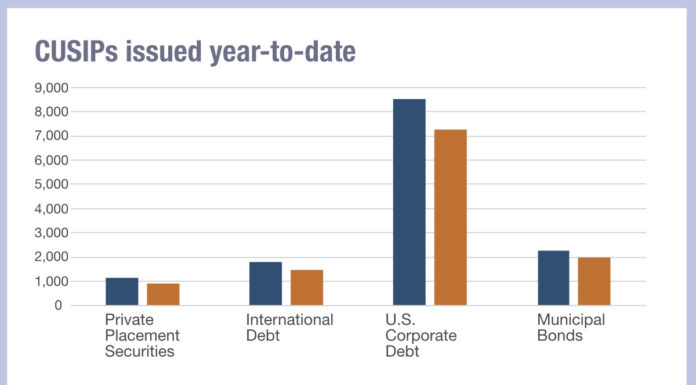The European Securities and Markets Authority (ESMA) has published a consultation paper seeking input on amendments to the Central Securities Depositories Regulation (CSDR) penalty regime.
The amendments in the Technical Advice to the European Commission paper could see cash penalties increase in accordance with the length of the settlement fail. “The effect of cash
penalties on settlement rates on the EU capital market are currently being assessed,” ESMA noted in the paper.
The consultation, which runs until 29 February 2024, is looking to collect evidence and data on the effectiveness of the current penalty mechanism in discouraging settlement fails and incentivising their rapid resolution.
Additionally, feedback is being sought on: alternative parameters, when the official interest rate for overnight credit charged by the central bank issuing the settlement currency, is not available; the treatment of historical reference data for the calculation of late matching fail penalties; and alternative methods for calculating cash penalties, including progressive penalty rates.
Although settlement fails cannot be totally eliminated, ESMA said, persistent settlement fails negatively affect the Capital Markets Union.
ESMA also suggests that a low level of settlement fails is “essential” in light of the ongoing discussions about a potential shortening of the settlement cycle in the EU, indicating that cash penalties will play an even greater role in ensuring settlement discipline in the future and that there is a need to reassess the current framework.

Daniel Carpenter, CEO of Meritsoft, said: “The proposed changes to the CSDR penalty regime could potentially usher in higher penalties tied to the duration of settlement fails. While this might aim to discourage such failures, there’s no certainty that adjusting penalty rates alone will solve the issue.”
“Financial institutions face the challenge of navigating various factors causing trade settlement failures, ranging from simple oversights to more complex scenarios like insufficient securities or mismatching SSIs. What’s crucial is a comprehensive understanding of when, why, and with whom trades fail to settle. Centralising and making all relevant data accessible is key for meaningful analysis, enabling banks to address operational inefficiencies and improve counterparty relationships, ultimately reducing overall fail rates and enhancing profitability,” Carpenter added.

James Pike, head of business development at Taskize, said: “The need to anticipate, mitigate and resolve potential issues has never been greater for financial institutions. Any change to the CSDR penalty rate that follows this consultation will reinforce the need to speed up the query resolution process to reduce the likelihood of settlement fails.”
© Markets Media Europe 2023
©Markets Media Europe 2025


























